Description
Course Outline
Channel examination is a classical diagnostic technique not often taught in modern acupuncture schools. Emphasized in the earliest acupuncture texts (Nei Jing/Nan Jing), observation and palpation of the channels is extremely helpful for confirming diagnosis, refining point selection and improving clinical results. This three-day class will focus on learning and applying channel diagnosis through interactive lectures and extensive hands-on practice of technique. In addition, an exploration of channel-based physiology will be presented from the text Applied Channel Theory in Chinese Medicine (Eastland Press, Seattle 2008). Students will leave with a greater understanding of classical physiology and diagnostic techniques for evaluating pathological patterns in both internal conditions and musculoskeletal complaints.
Applied Channel Theory
Applied Channel Theory (jīng luò yī xué) is an approach to acupuncture rooted in the dual research threads of classical texts and modern clinical application. Developed by Dr. Wang Ju–Yi over 50 years in Beijing clinics, hospitals and research institutes, it involves the rigorous combination of theory and diagnostic technique. More precisely, Applied Channel Theory requires that examination of acupuncture channels be considered in the broader context of other diagnostic tools. In addition to channel examination, Applied Channel Theory is a comprehensive system that includes channel theory (channel qi transformation), channel differentiation, channel selection, the nature of acupuncture points, point selection and location, and various methods of channel regulation (like acupuncture, moxibustion, hand techniques, cupping and so on). This lost art has been brought back to modern practice by Dr Wang’s teachings and introduced to the Western world through Jason Robertson’s best selling title Applied Channel Theory in Chinese medicine: Wang Ju-Yi’s Lectures on Channel Therapeutics. Attendees will be taught the fundamental techniques of channel examination, palpation and diagnosis in this practical workshop.
What You Will Learn
- An introduction to Applied Channel Theory (jīng luò yī xué). This will begin with an overview of the classical conception of the channels based on the life work of Beijing Professor Wang Ju-Yi. An understanding of the physical location and function of the channels will underpin our exploration of clinical strategy. This will include a discussion of physiology from the perspective of ‘channels’ as six subcategories of homeostasis.
- Each day will also include practice of channel examination. Hands-on demonstration and practice with feedback from the instructor will be extensive. Students will develop skills for gleaning diagnostic information from careful palpation of the distal channels. Much like tongue observation and pulse diagnosis, channel examination can be crucial for determining patterns of disharmony (zhèng).
- Building on basic techniques, discussions of channel-based physiological models will expand to include discussions of how pathology can manifest specific, palpable changes on the acupuncture channels. Specific points will be considered including demonstrations of precise point location and discussions of common findings and their possible diagnostic significance.
About Jason D. Robertson
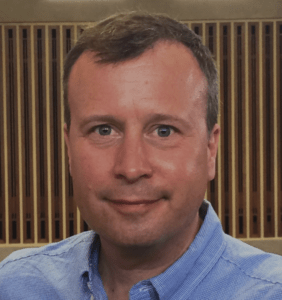
Dr. Jason D. Robertson (MS, DAHM) is the coauthor of Applied Channel Theory in Chinese Medicine: Wang Ju-Yi’s Lectures on Channel Therapeutics (Eastland Press, 2008) with his teacher Professor Wang Ju-Yi. Dr. Robertson has studied Chinese language for 30 years and Chinese medicine in Chengdu and Beijing. He currently maintains a private practice in Seattle, WA and is a full-time faculty member at the Seattle Institute of East Asian Medicine (www. sieam.edu). Dr. Robertson has taught courses on channel theory and diagnosis around the world and has been recognized by the Beijing Administration of Chinese Medicine as an official apprentice of Wang Ju-Yi. More information about Applied Channel Theory, including articles in both English and Chinese, can be found at www.channelpalpation.org (look under the ‘media’ tab).
Details
Date: 31st March 2023 – 2nd April 2023
Time: 9am – 5pm
CPD: 19.5 CPD Points
Venue: Rydges Darling Square – 72 Liverpool Street, Sydney
Notes: Included
EARLY BIRD SPECIAL (offer ended 10th March 2023)
Practitioner Rate: $950
Student (Full Time – Undergraduate): $850
REGULAR PRICING
Practitioner Rate: $1100
Student (Full Time – Undergraduate): $1050
Terms and Conditions
*Registrations cancelled up to one week prior to the seminar will be refunded less 20%. We regret that refunds are not otherwise possible.
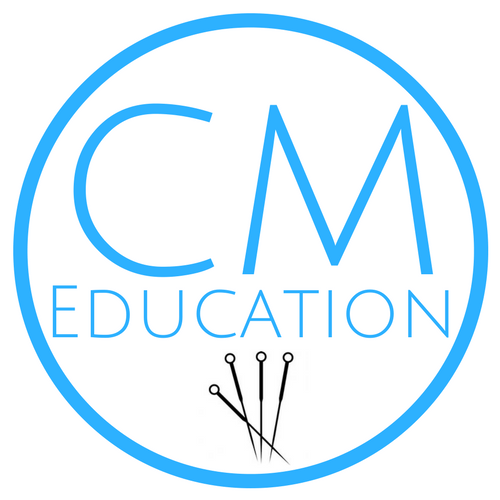
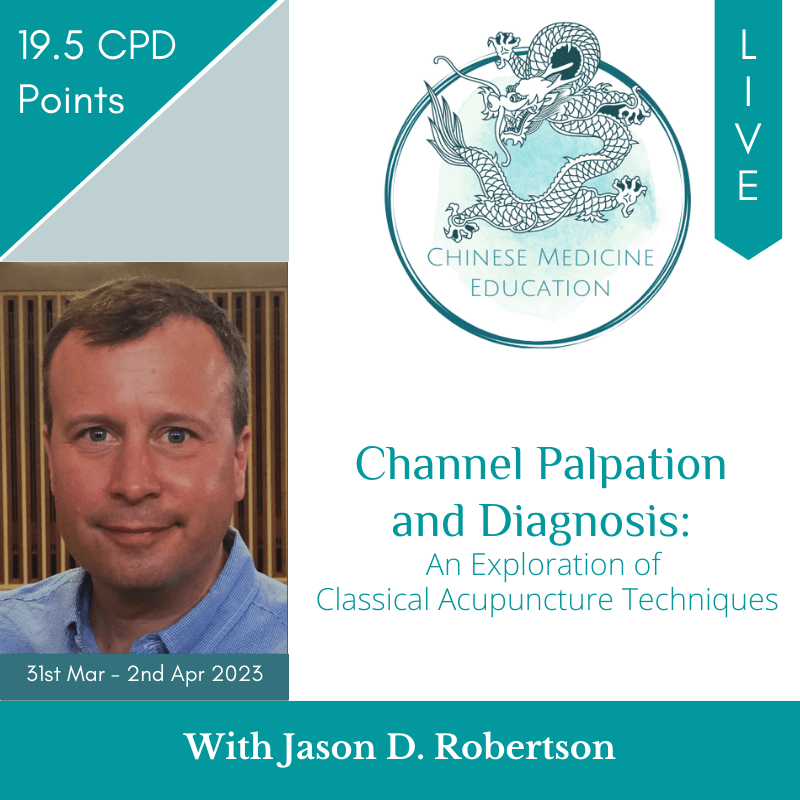
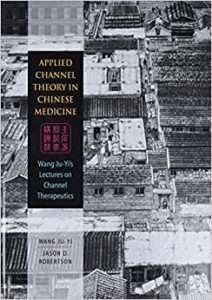
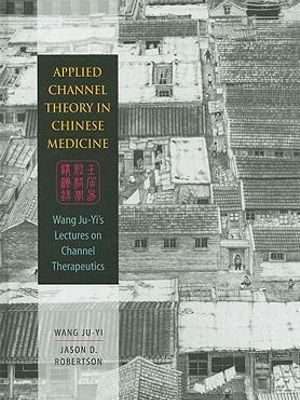
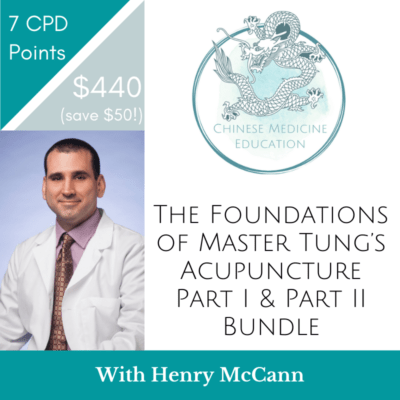
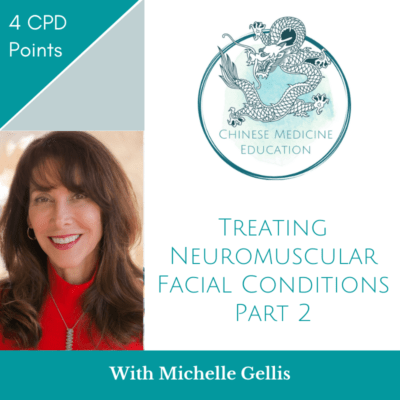
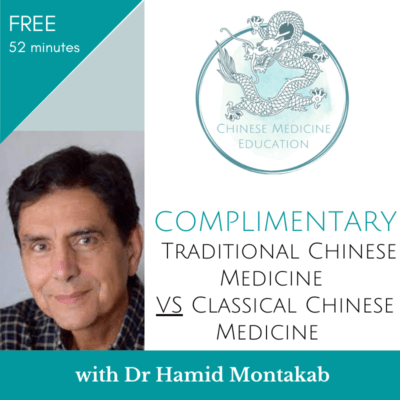
Reviews
There are no reviews yet.